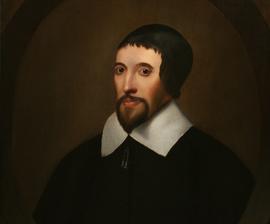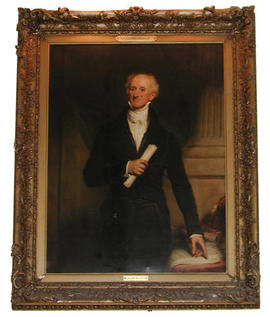Finch, Heneage, Earl of Nottingham, 1621-1682
- GB-2014-WSA-01074
- Pessoa singular
- 1621-1682
FINCH, HENEAGE, 1ST EARL OF NOTTINGHAM, eldest son of Sir Heneage Finch, Kt, MP, Kensington, Middlesex, Recorder of London, Speaker House of Commons, and his first wife Frances, dau. of Sir Edmund Bell, Beaupré Hall, Norfolk; nephew of Francis Finch (qv); b. 23 Dec 1621; at school under Osbaldeston (Wood, Athenae Oxonienses, iv, 66); Christ Church, Oxford, matr. 18 Feb 1635/6, having Richard Busby (qv) as his tutor (HMC Finch MSS, I, 229-30); DCL 7 Nov 1665; adm. Inner Temple 25 Nov 1638, called to bar 30 Jan 1645/6, Bencher 29 Jun 1660, Treasurer 1661-73; MP Canterbury Apr-Oct 1660, Oxford University Apr 1661-Dec 1673; Solicitor-Gen. 6 Jun 1660 - May 1670; created baronet 7 Jun 1660; Attorney-Gen., 10 May 1670 - Nov 1673; Lord Keeper of the Great Seal 9 Nov 1673; Privy Councillor 12 Nov 1673; created Baron Finch 10 Jan 1673/4; Lord Chancellor from 19 Dec 1674; Lord Lieut. Somerset from 1674; presided as Lord High Steward at the trial of the Earl of Pembroke for manslaughter 1677, and at that of Lord Stafford for treason 1680; created Earl of Nottingham 12 May 1681; an able and zealous supporter of the Church of England and the Crown; never the subject of parliamentary attack or ever lost the confidence of Charles II; the Amri of Dryden’s Absalom and Achitophel; m. 30 Jul 1646 Elizabeth, eldest dau. of Daniel Harvey, Folkestone, Kent, a Turkey merchant in the City of London; d. 18 Dec 1682. DNB.


